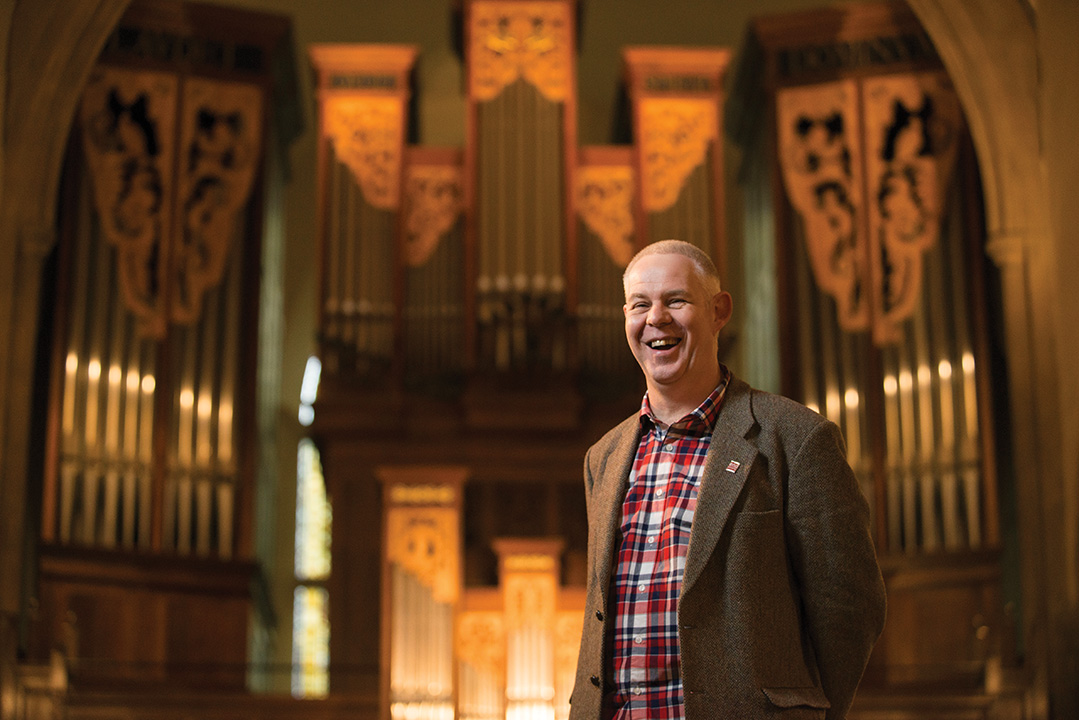“Do not be afraid.” These words occur regularly throughout the pages of Scripture, of the Old and New Testaments. Some have suggested over 300 times. They appear as a plea, an encouragement, a request, some have even suggested as a commandment.
And the reason why they appear so often is, I think, obvious. They speak into a myriad of different contexts – the wilderness community, the people in exile, Mary on the discovery that she is pregnant, the disciples on a stormy lake and in the upstairs room, the early churches in Asia Minor. But one thing connects them all: fear.
So “Do not be afraid” are words spoken to those who are afraid.
It is inevitable that fear will continue to grip our lives for a long time to come. It will continue to be a fear of the virus, but it will also be about the economic, social, emotional, spiritual, physical costs of the lockdown. It will be about boarded up shops but also about broken down lives. It will be about the light that will have gone off behind people’s eyes and the fear of touching and being touched.
That fear will not go away quickly, and we will need to learn to acknowledge it, recognise it, and sit with it. This will be about the Church being authentic and real, acknowledging brokenness and fragility. We cannot and should not spin the Gospel into some saccharine party or sprint back to what was normal. For normal was not good for too many beforehand and normal was (and is) destroying our planet.
Those of us who have known the pain of grief will know that it cannot be resolved quickly. And we are grateful to those who, when we were grieving (and afraid) took time sit with us, often in silence and who listened without the provision of easy and anodyne answers.
Taking time to listen should, I think, be one of the first marks of a post-pandemic church. Don’t rush too quickly to answers, to solutions, to a fresh wave of frenzied activity. Take time to hear the uncertainty and the sadness. Take time to learn about the new things which have emerged, the new friendships, the new circles of care. Don’t see them as competitors but as collaborators. Don’t set up new activities that treat people are if they are hapless or of little value. Instead, treat people as you would treat Jesus. And look out for all God’s creation. Take time to listen for God.
One of the things we are prone to do when we are anxious or afraid is to make ourselves busy. And there is a temptation that the Church, which will have been changed (and almost certainly institutionally weakened) through this pandemic, will feel that somehow, we need to make up for lost time.
Don’t!
Don’t act out of fear for ourselves!
Act out of love!
This reflection, recorded in June forms the basis of a short video offered to friends in the United Reformed Church through Church Action on Poverty, thinking about the marks of a post-pandemic church.
It can be viewed at New Reality, Same Mission or on YouTube


